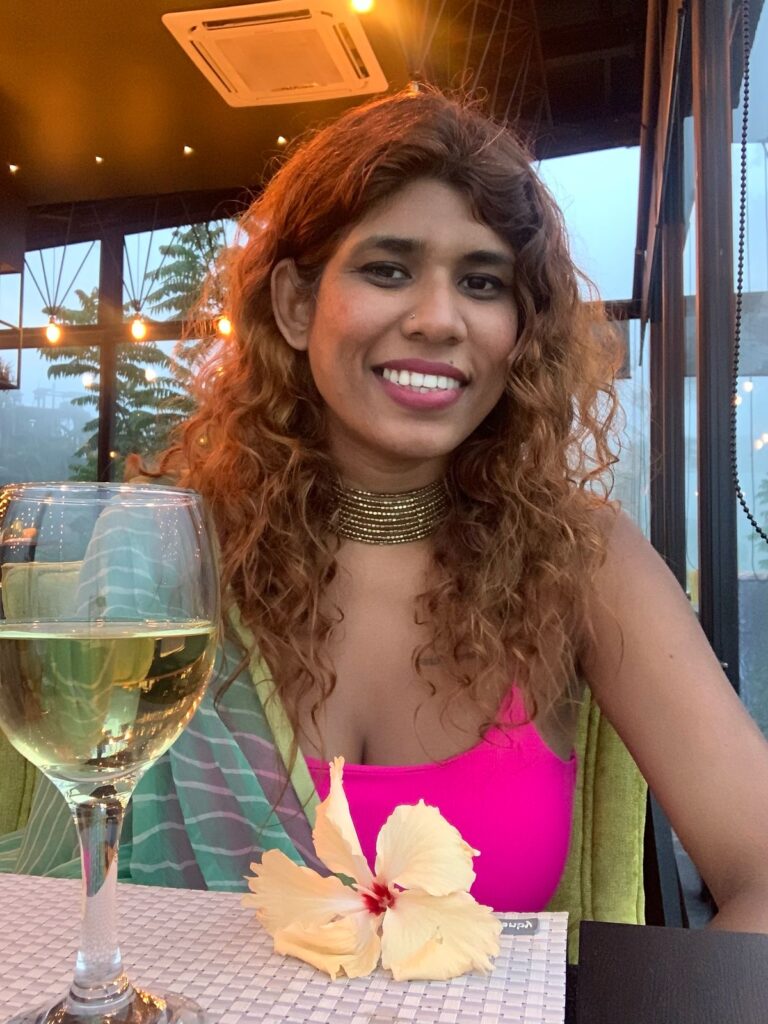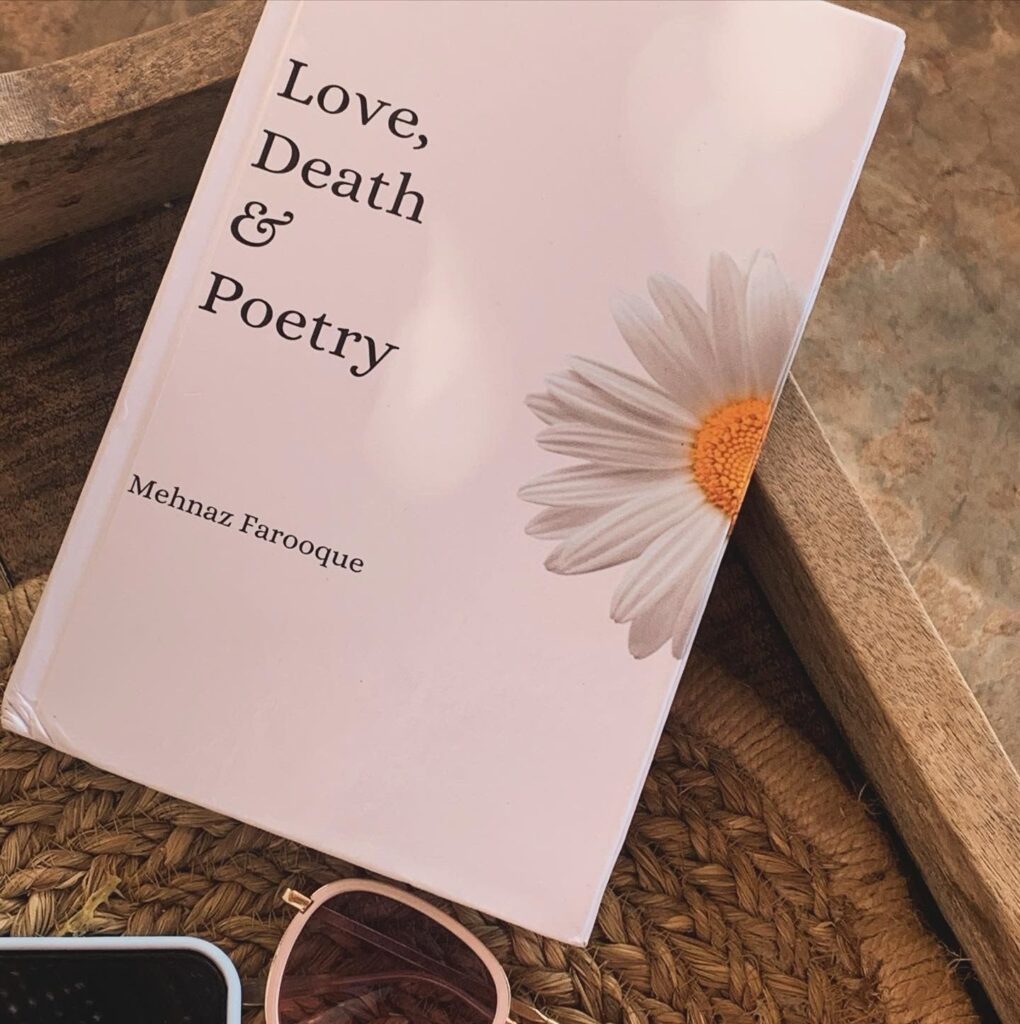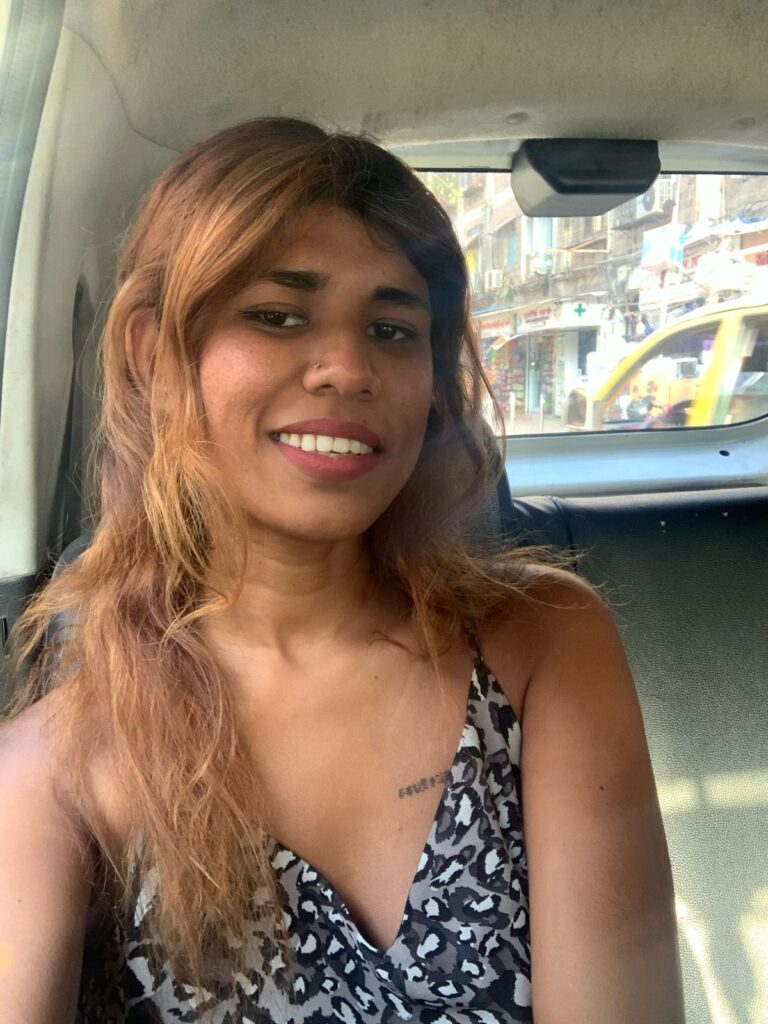Content creation is playing an increasingly powerful role in shaping minds, perspectives, and personalities in India. With a wide variety of formats and platforms, the digital age is offering both opportunities and challenges for creators, especially women carving a path in literature, journalism, and media.
Mehnaz Farooque is one such voice. A marketer, writer, journalist, independent content creator, poet, and published author, she has worn many hats throughout her career. These varied experiences give her a well-rounded and honest perspective on making a living in the Indian creative economy and what it truly means to be a woman navigating this space.
In our conversation, she opens up about the complexities of creativity, the realities of the publishing industry and social media, what qualifies as great writing or great journalism, and whether it’s possible to build a career in content on your own terms in India. For curious readers, creators, and dreamers, her perspective is both valuable and worth exploring.
During my time living in Bombay, I observed a stark class divide—a subtle but powerful economic classism that many of us have accepted without questioning. I want to tell stories about that. I also want to write more travel stories—road movies of sorts—capturing the unseen moments of everyday life. Inshallah, let’s see where the journey leads.
Mehnaz FAROOQUE
Q1. Let’s start with your journey—tell us about your work in journalism and literature, especially your writing on feminism in India. Why has that been a core focus?
I started off as a feature writer for a lifestyle magazine in Northeast India. Although much of my work revolved around celebrities, fashion, wine, and other facets of a privileged world, I also had the chance to dive into what I call real journalism. Some of my earliest pieces included stories on third-gender lifestyles and rape survivors—subjects that remain very close to my heart.

Being from the Northeast, I believe feminism is inherently part of us; we are raised in a more matrilineal society, so the idea of equality is ingrained.
I wouldn’t call feminism the “core focus” of my literary work—it’s more like a fundamental value that naturally exists within it. That said, whenever there’s a need to raise my voice for equality, I have never hesitated. Over time, though, my writing has leaned more towards romanticism, which I think ultimately led me to poetry.
Q2. What’s it like being a feminist writer in India today—do you feel supported, or more like part of a counter-cultural movement? Do you feel enough support from both genders (men and women), or is it the other way round?
As I mentioned, I don’t necessarily identify as a “feminist writer,” mainly because my recent works aren’t centred on that theme. However, speaking generally, I do feel that society today is a lot more supportive of feminist ideas compared to the past.
That said, feminism still feels like an alien concept in certain parts of India, where domestic violence and sexism remain deeply rooted. Unfortunately, I don’t think magazine articles alone can change those realities. We need more—perhaps something similar to disease awareness campaigns, but for gender equality. Patriarchy tends to be generational, and unless we treat it like a systemic disease and launch active awareness programmes and camps, true change will be slow.
Q5. As a poet and storyteller, how do your feminist beliefs shape your creative work? Is it difficult to craft compelling narratives around these themes?
I was fortunate to grow up in a family where I was encouraged to explore my capabilities as a human being, not bound by gender. So I wouldn’t say feminism directly shapes my creative work. Instead, it’s more of a gender-neutral creativity that flows through it.
Of course, I can’t deny that a feminine sensibility deeply influences how and what I write—but it’s not necessarily from a “feminist” standpoint.
Q6. Let’s talk about your book Love, Death, and Poetry—what inspired it, and what central message do you hope readers take away from it? What is your typical writing day like?

Love, Death, and Poetry is a culmination of my late 20s—navigating love, relationships, and losses. A series of personal events inspired the collection. While romantic relationships form a large part of the backdrop, a significant portion also reflects the grief of losing my father.
The book is a blend of melancholic romanticism, told through 50-something poems—each narrating a story, a person, or a fleeting happenstance.
As for my writing routine—honestly, I’m quite unorganised. I’ve come up with plots and poems in boardrooms, discos, even restrooms. There’s no “typical” day for my creative writing. However, professionally, I work as a copywriter for a finance brand, which means my day starts with coffee and creative briefs around 11 AM and continues till about 7 PM, mostly spent writing ad campaigns, scripts, and taglines.
Q7. What challenges did you face in getting it published? And more broadly, what’s the publishing landscape like for women writing serious, meaningful work in India?
I reached out to around 27 publishing houses—none of them responded. I kept trying for a year. Eventually, I found a literary agency that connected me to a few local publishers, and two of them offered to publish my book. I went with the one that felt right.
Honestly, publishing in India—whether you’re a woman or not—is a wild, uncertain space. As a new author, it can feel like trying to break into Bollywood. Most manuscripts probably never even reach the right desks. A lot of times, people can be met with what everyone politely refers to as dignified silence. So before getting into it, you have to be aware of all of it, and then prepare yourself for what it’s like. I get that it’s a competitive field, but since we’re in 2025, I would love to have things to have been simplified a bit.
It’s also worth noting that the industry still heavily favours those with a social media presence or some level of fame, which is disheartening because great stories often come from unknown storytellers. I hope publishing houses make more room for dreamers, poets, and writers who are still unseen.
Q8. For aspiring women writers, what does breaking into India’s literary space look like today? Is it more about agents and networking, or pure timing and persistence?
I think it’s largely about agents and networking. Timing and persistence matter, sure—but as someone who’s an introvert and bad at socializing, I know how much harder it can be without the right connections.

If you really want to break in, connecting with good literary agents is the best way forward.
Q9. Who are the writers, authors, and journalists who have influenced your thinking and work the most?
While I’ve been deeply influenced by Indian culture, my literary influences stretch wide: Jane Austen, Keats, Robert Frost, Ghalib, Raymond Carver, and Jalaluddin Rumi.
I think my work is, in some way, a reflection of how I’ve internalized these great writers and poets
Q10. From your perspective as a feminist and a citizen, do you feel systemic misogyny and underrepresentation are still major obstacles, especially in public life and online spaces?
Yes, absolutely. While objectification remains a visible issue, systemic misogyny and underrepresentation are still significant obstacles in public life and online spaces.
And I say this as someone who belongs to a relatively privileged section of society, so I can only imagine how much harder it is for others.
Q11. Extreme online backlash is a major issue that has affected a lot of people. Have you ever faced extreme online backlash for your views? If so, how do you protect your mental space and boundaries?
Not exactly for my views—but yes, I’ve faced harassment online. I eventually stopped engaging in controversial discussions because, no matter what I said, I’d end up getting slut-shamed anyway.
More recently—and I’m sharing this publicly for the first time—I faced severe harassment via WhatsApp and Gmail from an unknown person. I reported it to cybercrime authorities, but unfortunately, nothing much came of it. It really makes you question how safe we are in the digital world.
Q12. In key sectors like politics, entertainment, sports, and science, do you think women are adequately represented and supported by leadership, or are they still sidelined by opportunism?
It’s a tricky one. I think we’re doing better than before—more women are stepping into leadership roles across different fields.
But there’s still so much space we can and should claim. I feel hopeful, though—we’re getting there.
Q13. The question ‘Is India Safe for Women’ has been (unfortunately) a global debate for a long time. A lot of people like to sidestep that question (including women). What is your opinion on it? Should more people speak out, or is it a ‘wait and see’ sort of scenario?
We must speak out. Absolutely..
But more importantly, when a woman speaks, someone needs to listen—and act. Tweets and hashtags won’t make the country safer. Real, tangible action will
Q14. What stories are you eager to tell next, and what conversations do you hope they trigger?
During my time living in Bombay, I observed a stark class divide—a subtle but powerful economic classism that many of us have accepted without questioning. I want to tell stories about that. I also want to write more travel stories—road movies of sorts—capturing the unseen moments of everyday life. Inshallah, let’s see where the journey leads..
Follow Mehnaz on LinkedIn, and on her other social media channels
Her novel Love, Death, and Poetry is available for purchase online and in bookstores.
You can explore more of her work on The Novice Literary, explore her feminist essays, and her official podcast on Spotify. You also can explore her previous media appearances on YouTube and other channels.
You can reach out to her at [email protected] for business-related purposes or to discuss media/journalism ventures.
And if you’d like to work with us at MindBrews, write into [email protected]